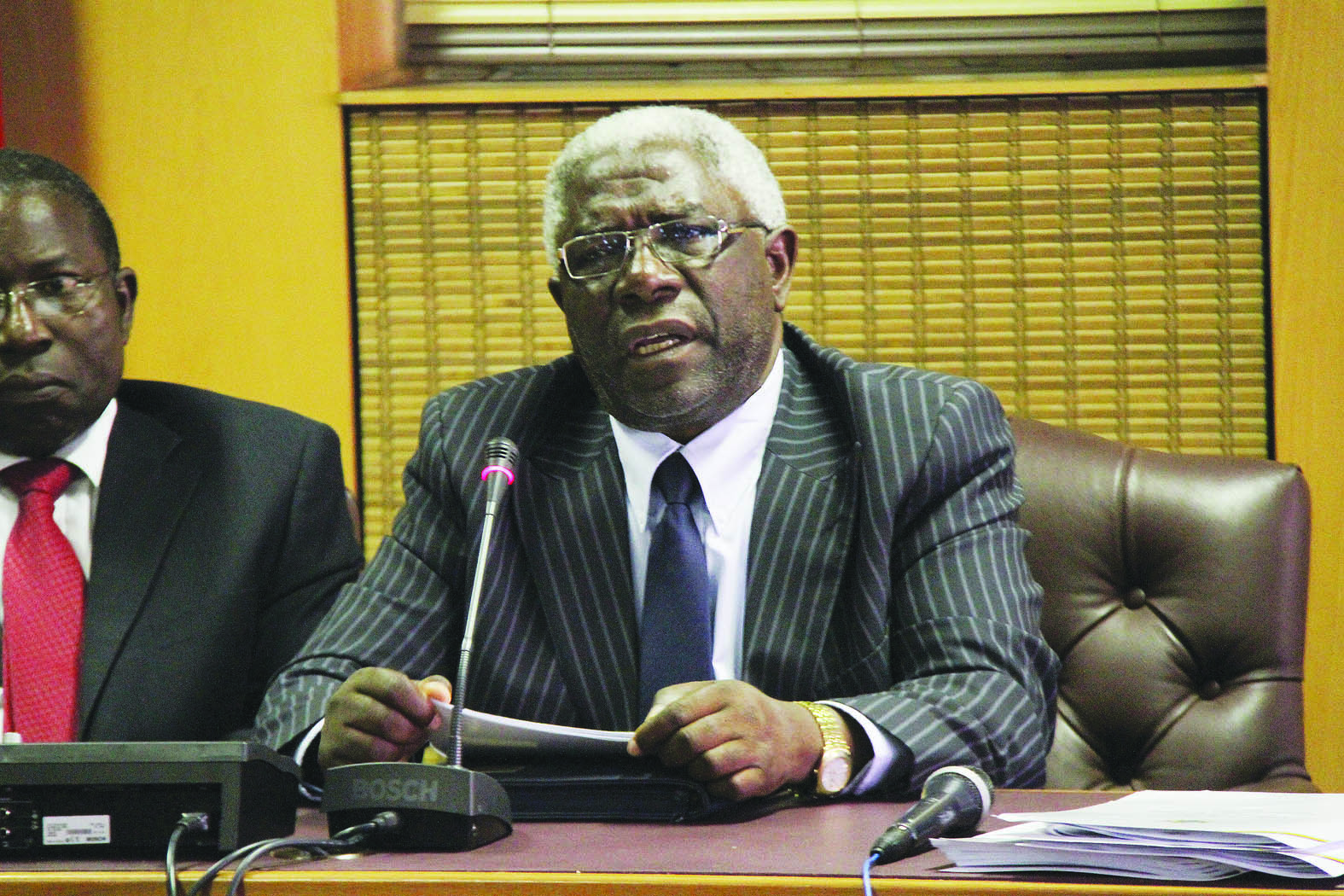
BY CHARLES LAITON
Chief Justice Luke Malaba has thwarted a move by suspended University of Zimbabwe (UZ) vice-chancellor Levi Nyagura to directly approach the Constitutional Court (ConCourt) challenging his prosecution by a special anti-corruption unit set up by President Emmerson Mnangagwa.
Nyagura is facing charges of corruptly awarding a PhD to former First Lady, Grace Mugabe.
Justice Malaba deliberated on Nyagura’s application which was filed in October last year in his chambers, and yesterday made a determination upholding a decision by a Harare provincial magistrate Lazini Ncube, who had earlier dismissed the UZ boss’ bid to approach the highest court in the land.
In his application, Nyagura had cited Ncube, Prosecutor-General Kumbirai Hodzi and the anti-corruption unit’s prosecutors Tapiwa Fresh Godzi and Michael Chakandida, as respondents.
“There is discordance between what happened and the relief sought. The relief sought is based on the allegation that there was refusal by the court to refer the constitutional questions to the court. There was no refusal. There was a determination of the constitutional questions on merits,” Justice Malaba ruled in concurrence with other Constitutional Court judges, justices Tendai Uchena and Vernanda Makoni.
“The decision terminated the controversy between the parties on the question whether the authority to prosecute was lawfully given to the third and fourth respondents (Godzi and Chakandida), by giving victory to the Prosecutor-General. The applicant (Nyagura) was bound by the decision of the court and had to stand trial.”
Justice Malaba further said Nyagura invoked a wrong remedy in a bid to redress the magistrate’s court ruling, adding if he felt the ruling was wrong, he should have filed an appeal to redress the magistrate’s decision.
- Chamisa under fire over US$120K donation
- Mavhunga puts DeMbare into Chibuku quarterfinals
- Pension funds bet on Cabora Bassa oilfields
- Councils defy govt fire tender directive
Keep Reading
“A wrong judicial decision does not, however, give rise to a ground for an alleged violation of the right to equal protection of the law. No law provides protection to a litigant against the possibility of a judicial officer making a wrong decision. In the result, it is ordered as follows: the application be and is hereby dismissed, with no order as to costs,” Justice Malaba said.
In his application Nyagura had argued that according to Section 260 (1) of the Constitution a public prosecutor was supposed to be independent, impartial and not subject to the direction or control of anyone, adding anyone who assists the PG must be employed by a board of the National Prosecuting Authority.
Allegations against Nyagura are that sometime in 2011, he single-handedly accepted and approved Grace’s application to study for a PhD in Sociology without the knowledge of the Department Board and Faculty of Higher Degrees Committee.
The State alleges that Nyagura went on to appoint two professors to supervise Grace’s thesis without the board’s approval. Nyagura is also accused of usurping the powers of the UZ senate by single-handedly appointing examiners for Grace’s research in violation of the UZ Act, and Ordinance 1998/99.











